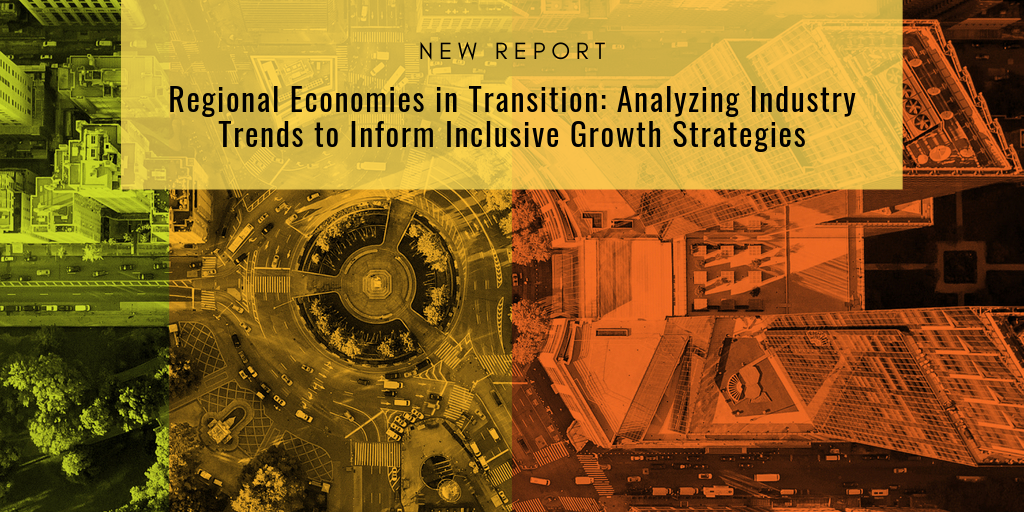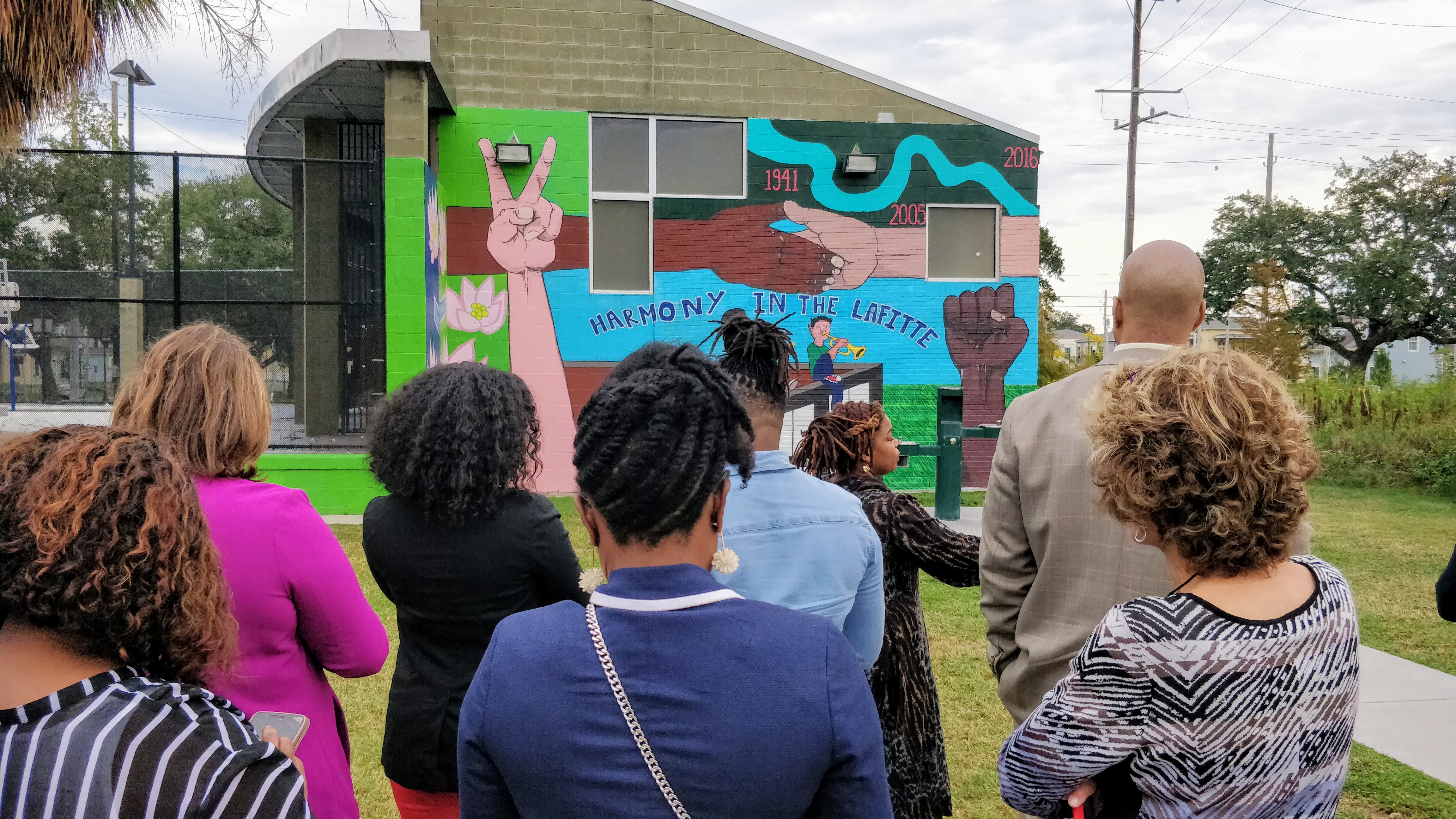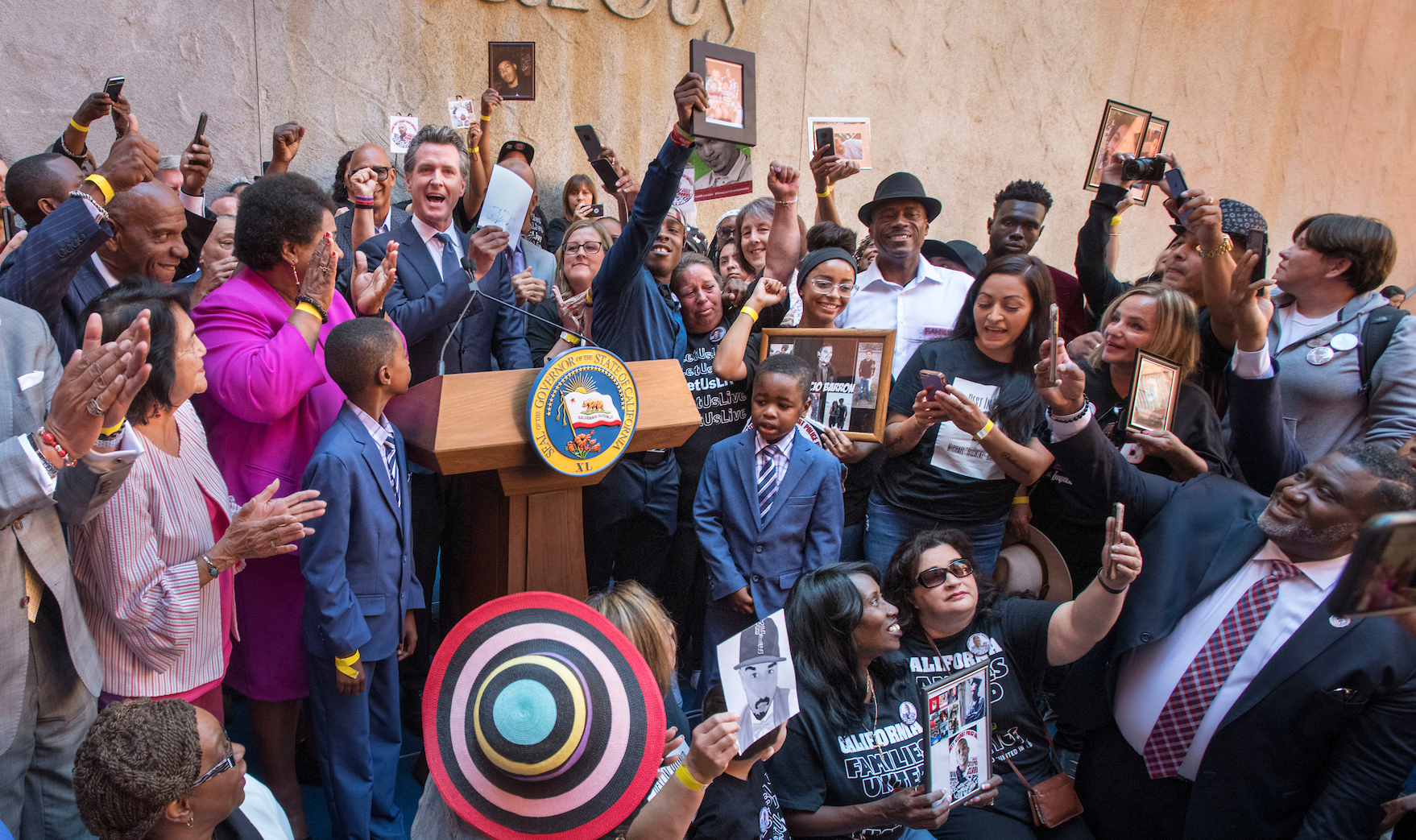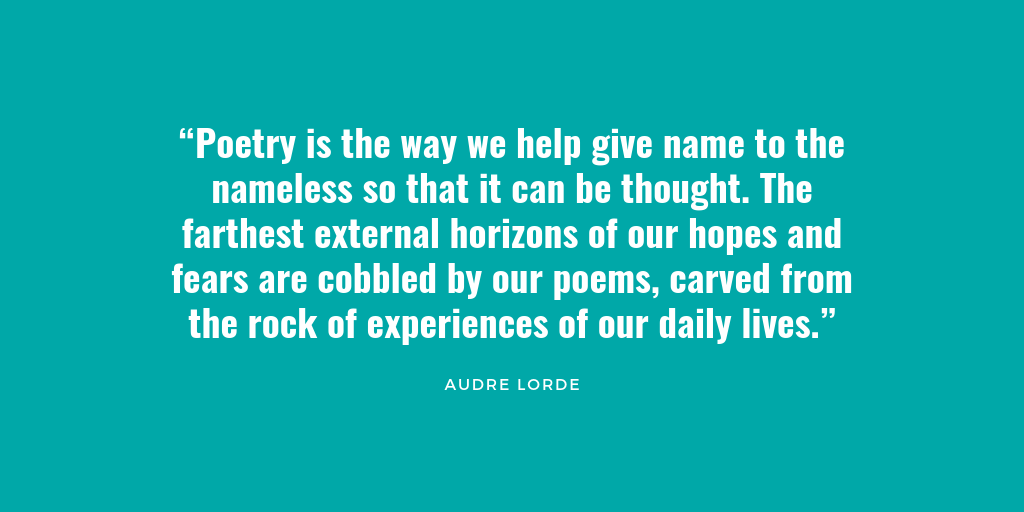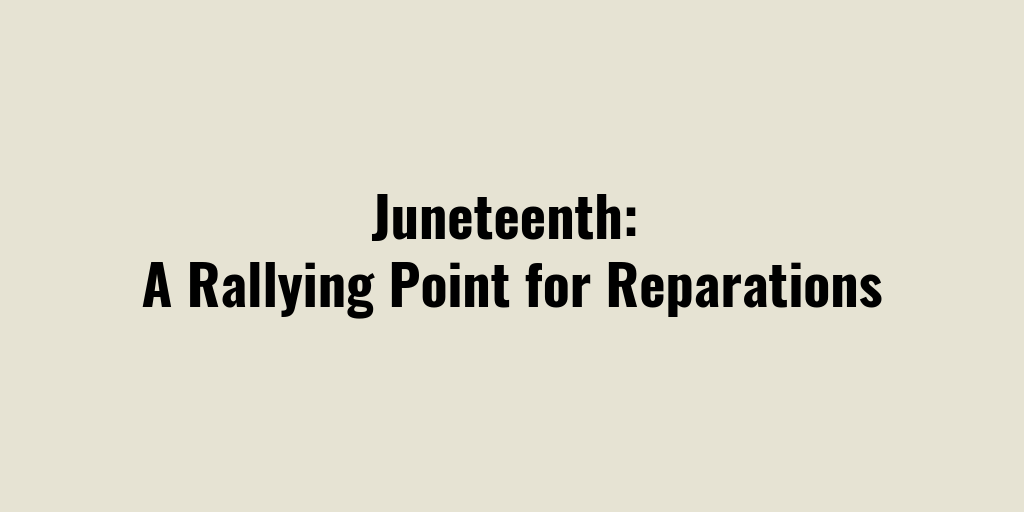$50,000 Competition Launched for Cities and Counties Committed to Fine and Fee Justice
By Treasurer José Cisneros, Joanna Weiss, Lisa Foster, and Michael McAfee
Governments across the country assess a variety of fees and fines to raise revenue and sanction unlawful conduct. In recent years, however, a growing number of policymakers and courts have realized that, for low-income people, particularly people of color, fines and fees often result in a cascade of consequences that takes generations to reverse. Low-income families who cannot pay their fines and fees can have their driver’s licenses suspended, wages garnished, tax refunds intercepted, and credit negatively impacted. They typically face growing and insurmountable levels of debt, deepening financial insecurity, and poverty.
At the same time, many local governments and courts receive little to no financial benefit from fines and fees, because the cost of collecting them is nearly as high — if not higher — than the amount collected. According to a report by the East Bay Community Law Center, for example, in 2016 Alameda County, California, spent $1.6 million to collect $1.3 million in fines, fees, and restitution, a loss of over a quarter million dollars. A recent study by the Brennan Center for Justice found that in 2016 Bernalillo County — home to the city of Albuquerque, the largest city in New Mexico — lost $316,000 in collecting fines and fees. The Brennan Center also found that the Texas and New Mexico counties it studied spent 41 cents of every dollar of revenue raised from fines and fees on expenses for in-court hearings and jail costs alone.
Increasingly, city and county leaders are recognizing that fines and fees are often a lose-lose for their residents and government and are beginning to advance reforms to address the disproportionate burden their fines, fees, tickets, and other financial penalties place on low-income residents and residents of color. Chicago, for example, recently ended the practice of suspending driver’s licenses for the nonpayment of parking tickets. In Durham, North Carolina, the district attorney and courts, in collaboration with the Durham Innovation Lab, agreed to waive old traffic fines and fees and helped restore 35,000 driver’s licenses that had been suspended for nonpayment. And in San Francisco, the Treasurer’s San Francisco Financial Justice Project has spearheaded numerous fine and fee reforms, including eliminating criminal justice administrative fees, waiving over $30 million in related debt for thousands of low-income people, and ending driver’s license suspensions for the nonpayment of traffic tickets.
Local officials and court leaders across the country driving these reforms are united by several core beliefs: 1) it is possible to hold people accountable without putting them in financial distress; 2) people with lower incomes should not face more severe consequences than middle- and upper-income residents; and 3) governments should not balance their books on the backs of the least fortunate individuals in their communities.
To seize upon and expand this momentum for change, PolicyLink, The San Francisco Financial Justice Project, and the Fines and Fees Justice Center have established Cities & Counties for Fine and Fee Justice, a national network committed to leading on meaningful, local fine and fee reform that works better for people — and for government.
We’re excited to share that we are launching a $50,000 technical assistance competition for cities and counties around the country. Local officials are invited to apply to have an opportunity to lead local teams that advance cutting-edge policies, engage with experts and peers from across the country, and catalyze a national movement to advance equitable fine and fee reform. Selected localities will each receive grant funding, individualized technical assistance, and training on a range of tools, strategies, promising policies, and best practices.
Local officials who want to advance more just and equitable fine and fee policies should review the Cities & Counties for Fine and Fee Justice FAQs to learn more about the network and apply to become a member. Our goal is to help build a national movement of cities and counties implementing practical, impactful models of reform that other places can easily replicate. We hope that city and county officials will recognize this opportunity to become national leaders on financial justice and smart government and join us in our endeavor.
José Cisneros is the Treasurer of the City and County of San Francisco. Joanna Weiss and Lisa Foster are Co-Directors of the Fines and Fees Justice Center. Michael McAfee is the CEO of PolicyLink.
